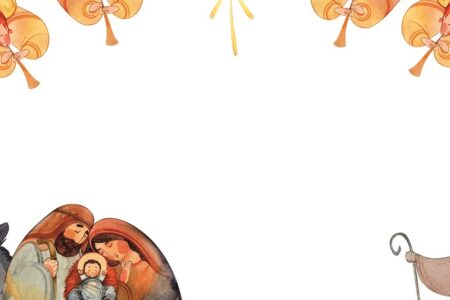One of the things that I enjoy about celebrations of Pentecost is that they often involve congregations stepping out of their usual comfort zone and either employing other languages, or sharing worship with other congregations which have different customs and cultures, or both.
This can be true even for congregations that are already richly multicultural. It helps us to remember that the gospel is not just for people “like us” – whoever “us” may be.
In the first Pentecost event, described in the book of Acts, the Holy Spirit fills the house where the believers are gathered, and they begin speaking in other languages as the Spirit gives them ability.
The first believers, devoted to prayer, are given the impetus to cross barriers of language and culture. Before too long, the early church is prompted to work out whether regular Jewish practices would be expected of non-Jewish believers; and a eunuch who’d asked questions about a suffering servant described in Scripture was heading back to Ethiopia with the joy of the good news of Jesus.
I recently found myself at a presbytery meeting at which Andy Calder was introducing the synod’s new Disability Action Plan. The Plan is translated into both Plain English and Easy English, recognising the importance of people being able to engage with the plan — coming out of the same impetus to cross barriers to allow for engagement.
At the same meeting, I was talking with the Presbytery about the Faithful Futures Project, which is a joint process between the Presbyteries and the Synod towards discerning a clear set of goals and actions to prepare the church for worship, witness and service in 10-15 years’ time.
The first step of that process has confirmed that the vision statement adopted by the Synod some years ago continues to resonate well: Following Christ, walking together as First and Second People, seeking community, compassion and justice for all creation. The statement has a degree of simplicity that can be readily translated.
That said, it also has plenty of depth. There’s plenty of room for discussion about what it means to follow Christ – the faithful, compassionate, and challenging Jesus, whom the disciples recognised as having “the words of eternal life”, who died on a cross but is raised in new life. Our very existence as a church is about recognising the grace and truth that we find in Jesus, to which we bear witness.
By the barrier-crossing impetus of the Spirit, who was in this land before colonisation, we affirm the importance of walking together as First and Second Peoples. Elsewhere in this edition of Crosslight I write about one way we can do that effectively: listening for the leadership of the Uniting Aboriginal and Islander Christian Congress, and the invitation from the Statement from the Heart, regarding a First People’s Voice to Parliament.
At Pentecost, people from many nations heard the good news told in their own languages. The believers spoke in those other languages and shared their stories. With prayer, at the prompting of the Spirit, they shared in faith. May we find good ways of doing the same, with respect, care and grace.

Rev David Fotheringham
Moderator




